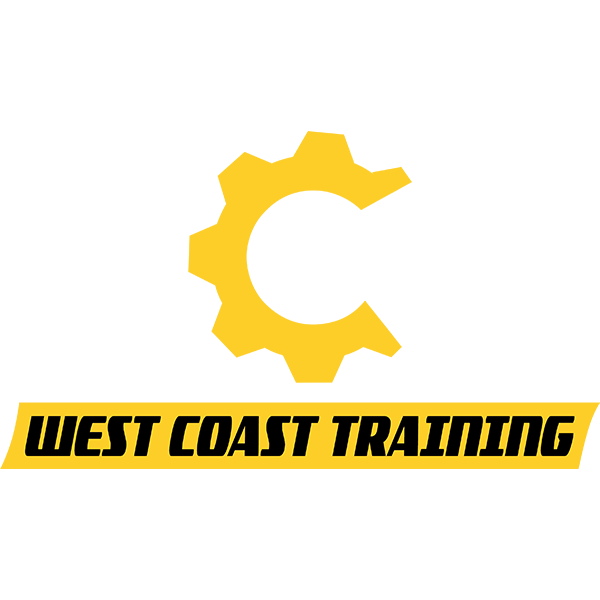
What Will I Learn in a Mobile Crane Operator Apprenticeship?

Whether you’re changing careers or just beginning to embark on one, starting a new job can be exciting, challenging, and even a little daunting. The best way to prepare yourself for your new career path is through an apprenticeship where you can learn hands-on skills. West Coast Training helps students succeed by preparing them for this type of real-world experience. We’ll break down what you can expect from a mobile crane operator apprenticeship.
Crane Operation
A mobile crane operator apprenticeship allows you to receive compensated on-the-job training so that you can hone your skills in a real-world environment. During your apprenticeship, you will continue to develop the skills necessary to operate a crane safely and effectively. This includes common maneuvers you will be expected to perform as a mobile crane operator.
Specifically, you will perform tasks such as rigging loads with hook block and overhaul ball and handling concrete bucket or drag-line attachments. You will also learn blind lifts, designed lifts, tower erection, boom assembly, and more. You can think of a mobile crane operator apprenticeship as continuing education performed out in the real world.
Safety Protocols
Operating heavy equipment is a dangerous job, which is why it’s so important to learn proper safety protocols. A mobile crane operator apprenticeship will allow you to apply the safety skills you learned in training to an actual jobsite while remaining under close supervision. Skills you will continue to develop during your apprenticeship include proper crane setup, load chart comprehension, and best practices when it comes to operating methods.
One of the most important lessons you learn is that you can’t cut corners when it comes to safety procedures. Building on the foundational skills learned in your training course through an apprenticeship role will help you better prepare for your career as a heavy equipment operator.
How to Communicate Effectively
Effective communication is also key. Construction sites can be incredibly noisy, and it’s next to impossible to hear verbal commands over all that noise. That’s why you have to learn signaling to safely and effectively communicate to others while on a jobsite.
Signaling refers to hand signals that are used by a designated signal person. Typically, the signal person functions as a crane operator’s eyes and ears. Strong communication between the crane operator and signal person is imperative to preventing worksite accidents. A mobile crane operator apprenticeship will allow you more time to become adept at this type of communication.
If you feel a mobile crane operator position might be just the job for you, we encourage you to take our career readiness quiz. It will help you get a sense of whether this type of position could be a good fit.
If you feel that it is, West Coast Training is here to help you prepare for your future career. Give us a call and we’ll help you acquire the skills you need to succeed. Your future is in your hands. All you need to do now is seize the moment.
